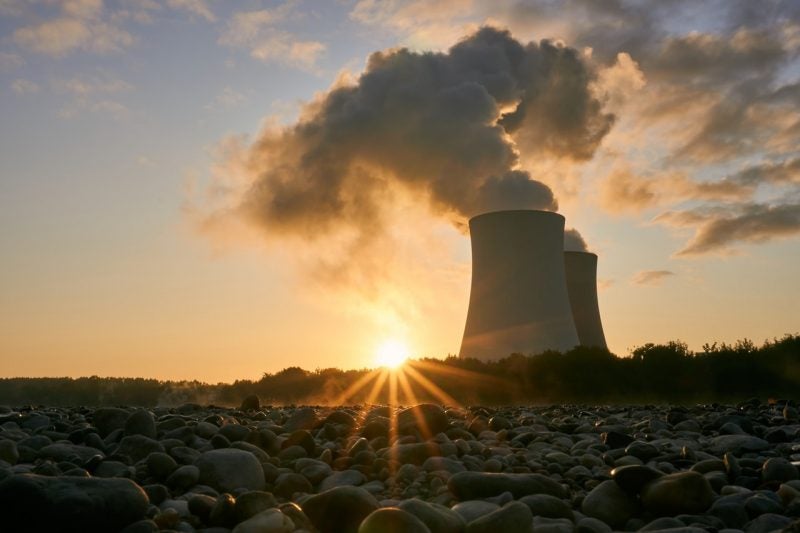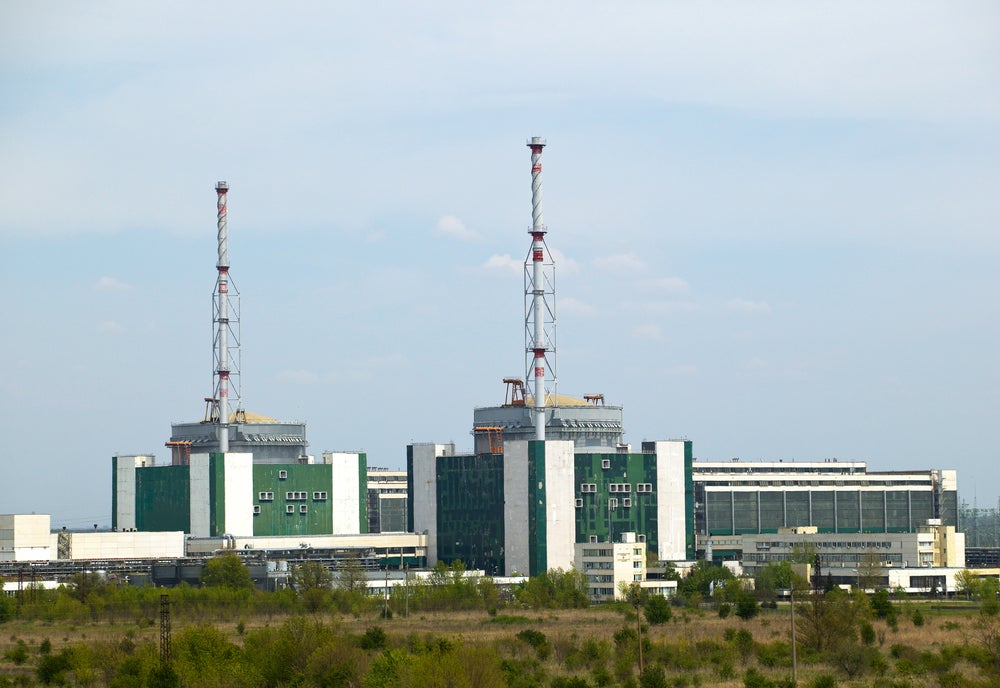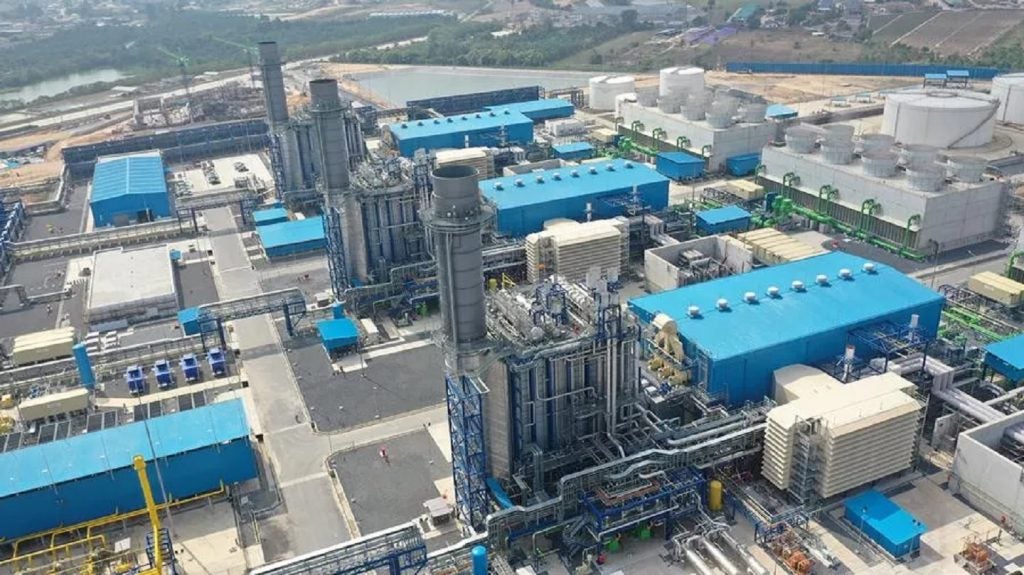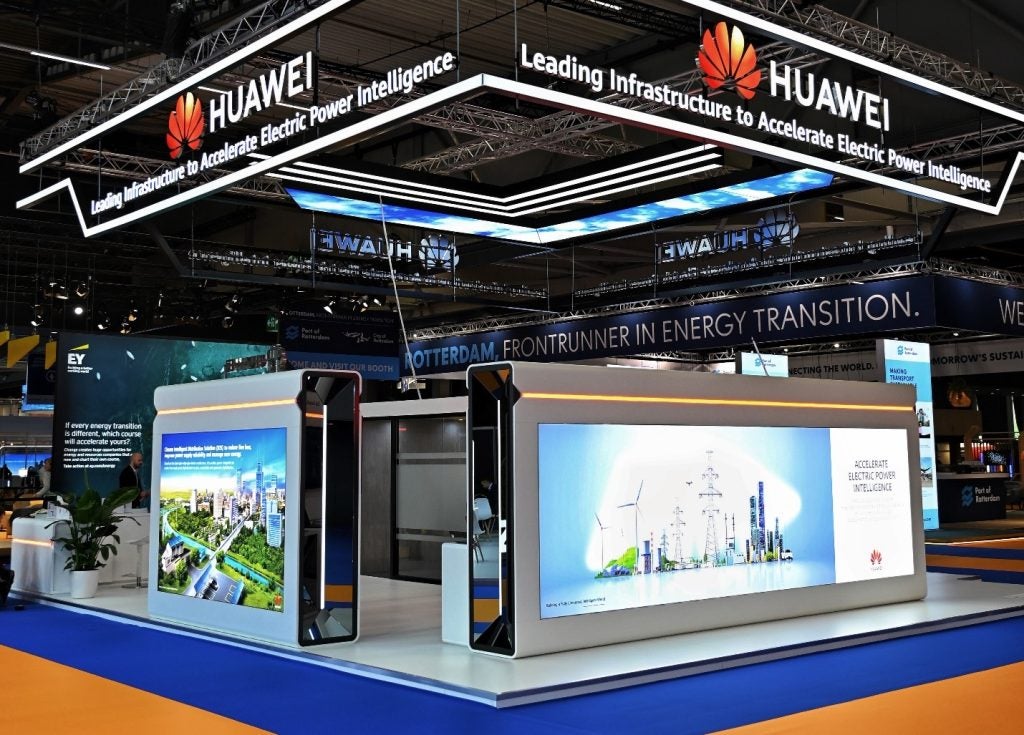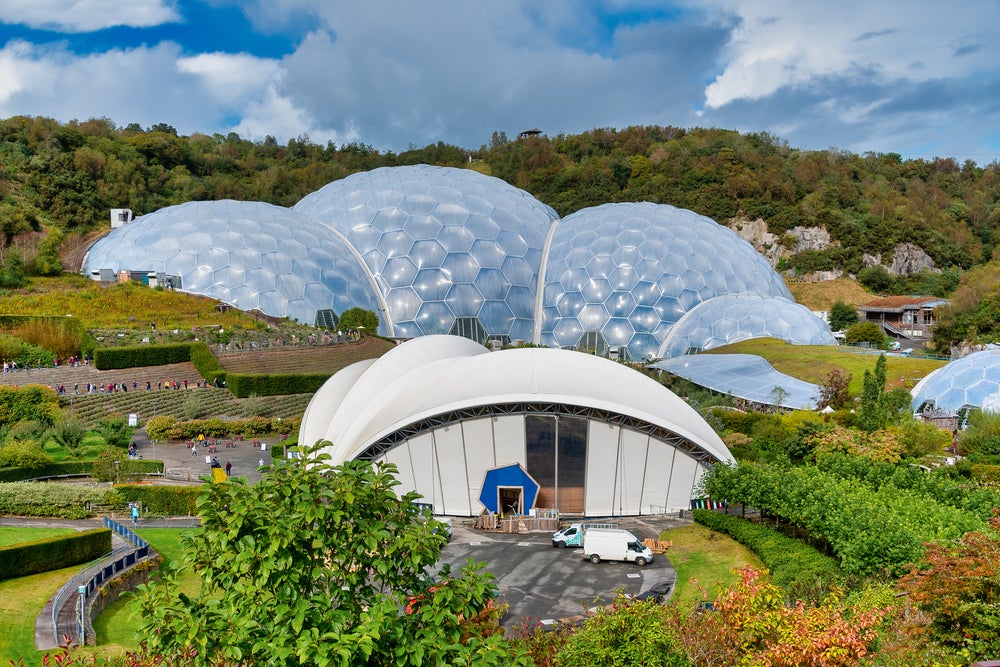
The UK’s first deep geothermal energy project in 37 years began operating on Monday and is now generating heat, Eden Geothermal announced in a press release.
Drilling for the project’s well, which is located at the Eden Project in Cornwall and has a vertical depth of almost 5km, was completed in 2021. Its depth allows it to harness water heated directly by the Earth’s core, which can reach temperatures up to 200°C. The energy produced will be delivered via a 3.8km heat main, at around 85°C degrees, to supply the project’s new nursery, Growing Point, as well as its biomes and offices.
It stands as the longest geothermal well in the UK, with an actual length of almost 5.3km. It is also the only operational deep geothermal well in the country as the UK’s first plant, located in Southampton, remains closed for repairs.
The heat system functions as a single well coaxial system. A 4,000m-long vacuum insulated tube has been inserted into the well, allowing hot water from deep below the Earth’s surface to be lifted and passed through a heat exchanger. The cooled water is then reinjected into the well via the outer ring.
The project was delivered by a partnership between Eden Project, geothermal development and consultancy group EGS Energy, and geothermal and drilling advisor BESTEC, known collectively as Eden Geothermal Limited (EGL). To support the research project, EGL secured £24m in funding from the European Regional Development Fund and Cornwall Council, and commercial funding from investment trust GCP Infrastructure Investment.
See Also:
“Sleeping giant of renewables”
Before the completion of this project, the last and only deep geothermal heating plant in the UK was the Southampton plant, constructed almost four decades ago in 1986. There are hopes that EGL’s project will bolster the case for serious use of deep geothermal energy, despite its relatively high costs.
How well do you really know your competitors?
Access the most comprehensive Company Profiles on the market, powered by GlobalData. Save hours of research. Gain competitive edge.

Thank you!
Your download email will arrive shortly
Not ready to buy yet? Download a free sample
We are confident about the unique quality of our Company Profiles. However, we want you to make the most beneficial decision for your business, so we offer a free sample that you can download by submitting the below form
By GlobalDataTim Smit, co-founder of the Eden Project, said in a statement: “Geothermal is the sleeping giant of renewables: lying not under our noses, but literally under our feet. The Netherlands’ geothermal industry started with heating for greenhouses, and they are now aiming for it to contribute to a quarter of all their heating by 2050.”
The project is expected to cut energy bills at the Eden Project by approximately 40%, according to Gud Grand, chief executive of Eden Geothermal. According to the Financial Times, a government white paper assessing the potential of deep geothermal energy in the UK is expected in coming weeks. It is also expected to make policy recommendations for upscaling the energy source; currently, there are no specific policies in place for supporting deep geothermal technology.
Geothermal technologies currently deliver less than 0.3% of the UK’s heat demand, which is very low compared with other European countries. “In other countries, like the Netherlands and France, geothermal is making a serious contribution to achieving net zero and energy security targets,” Philip Kent, director at Gravis Capital Management said in a statement.
“With the right policy support, the UK has a huge opportunity to benefit from a resource that can meaningfully contribute to the decarbonisation and improved security of our electricity and heat systems,” he added.
Grand also admitted that drilling for the well was time consuming and expensive. “We had to drill through granite, which is very hard, and very expensive. And we were doing it during Covid, which was very expensive,” she told the Financial Times. “It is a demonstration – it is a research project. If you were doing a commercial project, you wouldn’t do it like this.”



